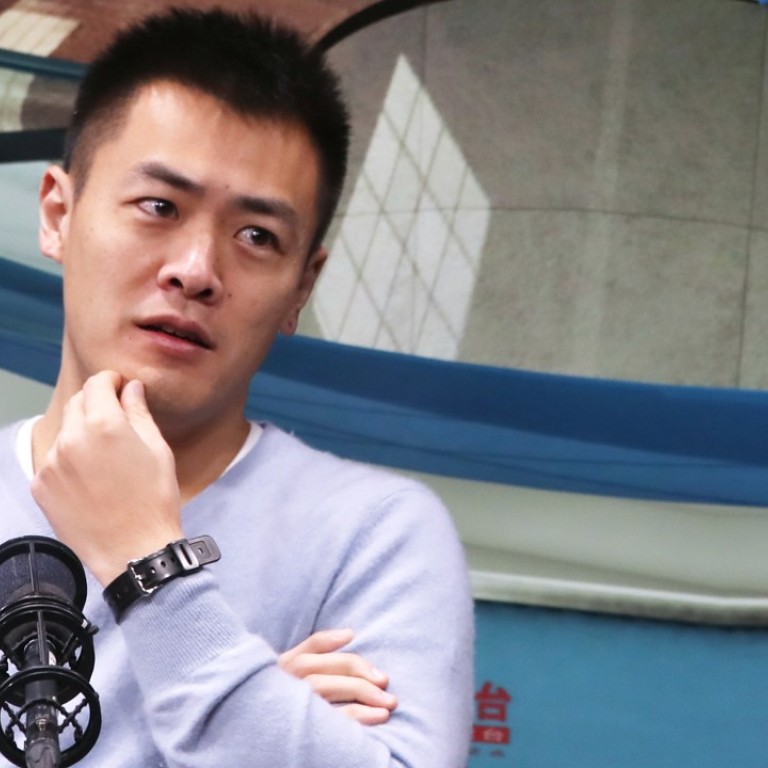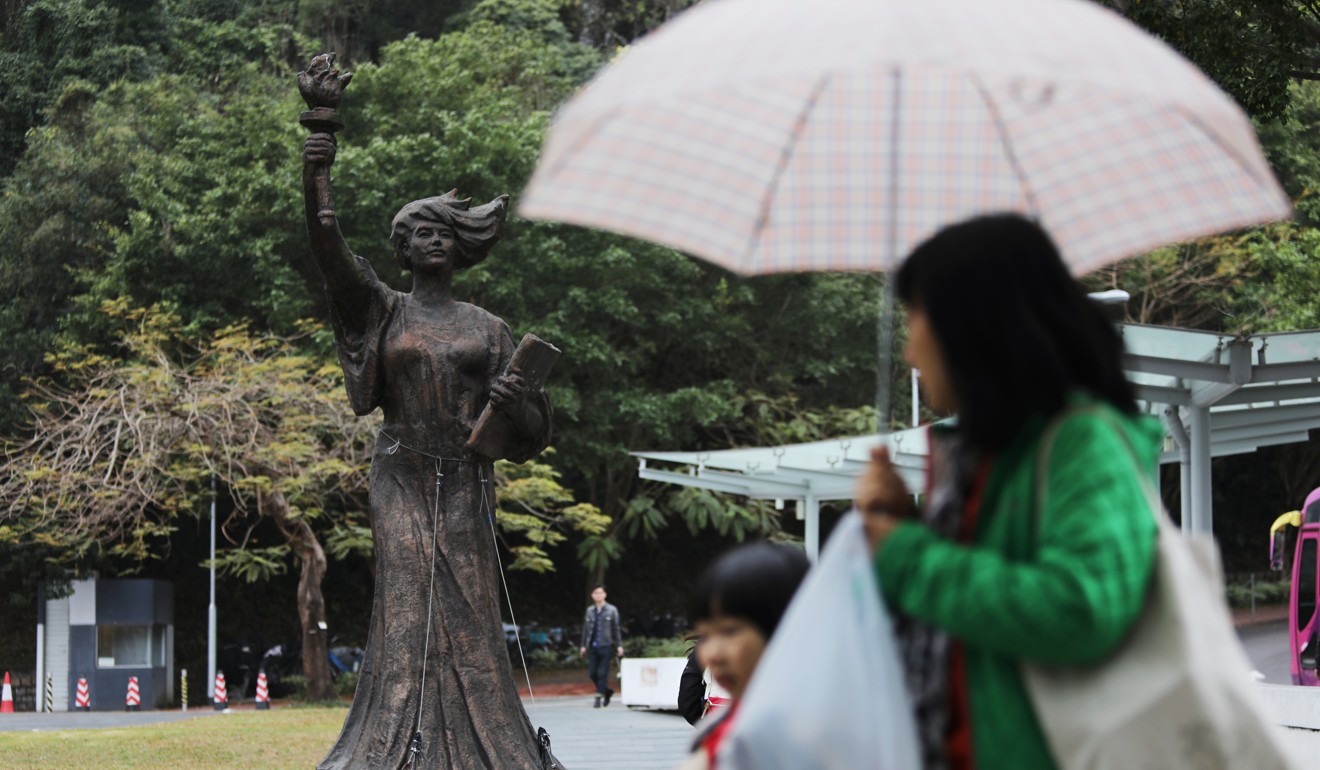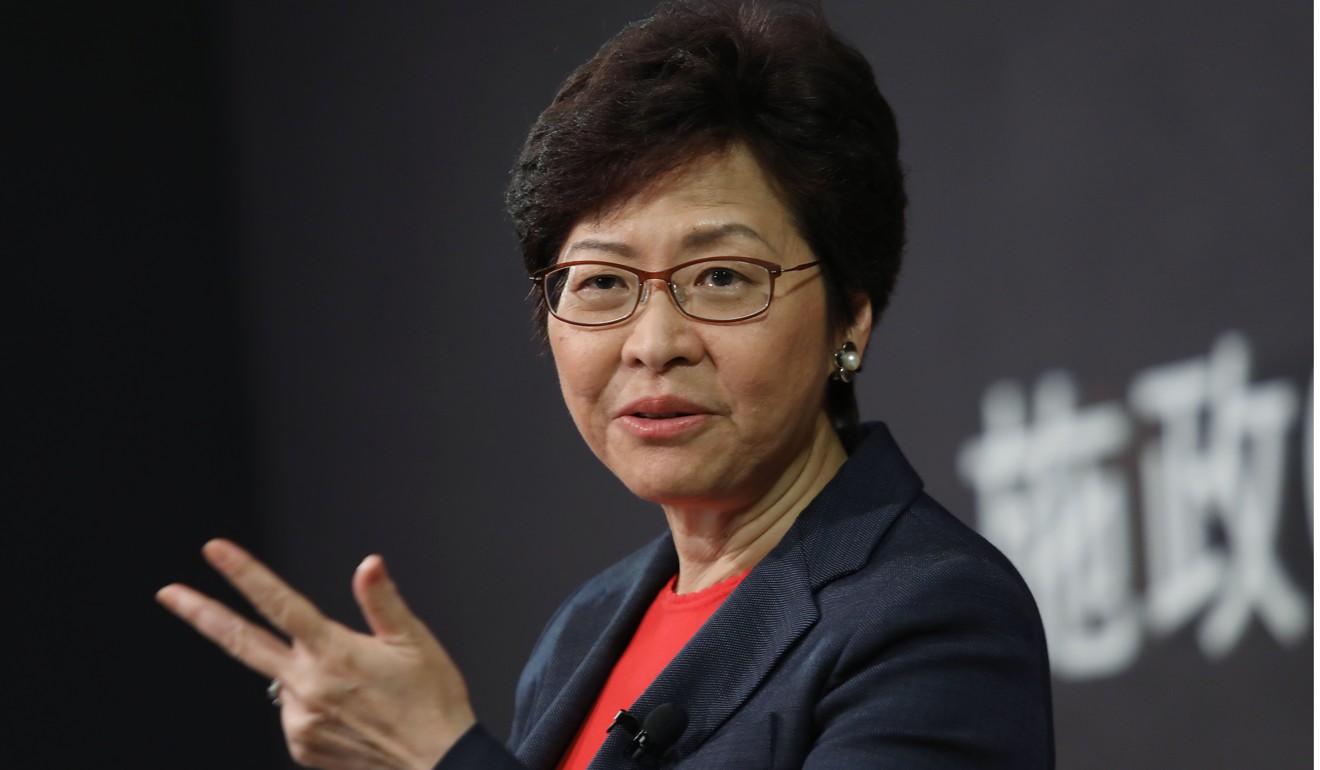
‘Not just a show’: Hong Kong youth development chief defends strategy after consultations with 1,500 residents
Lau Ming-wai says report released this week is ‘true reflection of what young people think’, but experts say it lacks solutions
The head of Hong Kong’s Commission on Youth has defended a new policy report from the body amid accusations that the development strategy it outlines is “just a show”.
Lau Ming-wai, the 37-year-old tycoon who leads the soon-to-be-defunct commission, said the report, released this week, was a “true reflection of what young people think”.
“Through 150 public consultation sessions with youths, most of the report reflects their own voices. It talks about how youths see the problems and challenges they face in education, employment, housing, health and more,” Lau said on a radio show on Saturday morning.
“It’s the first time it’s been laid out to the government and the public so comprehensively.”
The 68-page report summarises opinions collected in consultations with the city’s young people from last May to October.

The Youth Development Strategy the paper outlines is intended to inform the work of the new Youth Development Commission, which will take the place of the current body in April.
The new commission, unlike the current version, will be a high-level government body chaired by Chief Secretary Matthew Cheung Kin-chung, Hong Kong’s No 2 official.
Lau went on to say that the report and the talks with 1,500 young people were not “a show”, and were about more than “educating old people about what young people think”.
New youth policy report in Hong Kong slammed as ‘a show’
But the process has been criticised by some of those consulted who said it was superficial and unrepresentative. It would only serve to endorse the government’s policies, they said.
Meanwhile experts said the strategy fell short of addressing key issues such as youth poverty and limited political participation.
Lau said one issue young people felt should be tackled urgently was education.
“There are three issues young people keep going back to, if you look at the number of times and how eagerly it gets mentioned – education, education and education,” he said.

Many problems graduates faced, such as low salaries and a lack of upward social mobility, could be traced back to schooling and training, he said.
A great deal of young people felt stressed and disappointed by the lack of alternative pathways other than university, he added.
“Going to university is seen as the only path to success. But when the figures show us that more than 80 per cent of our secondary school pupils don’t make it to university, this is bound to make youths feel lost. There needs to be more done to improve the alternative pathways,” he said.
Hong Kong youth shouldn’t have to take marching orders from the liaison office
However, education lawmaker Ip Kin-yuen said the report lacked innovative solutions, including on the issue of allowing more youth participation in policymaking.
“Not all young people want to sit on government committees. The report needs to suggest more breakthrough methods of making young people part of decision-making in the city,” Ip said.
Connecting with the youth was one of the major themes of Hong Kong leader Carrie Lam Cheng Yuet-ngor’s election platform last year. The government has recruited 20 to 30 young people to sit on a new think tank to advise on major policy issues.

But Ip said the government needed to think outside the box.
He recalled a visit he made to northern Europe some years ago with members of Hong Kong’s legislature. On the trip he was shown examples of young people being given the authority to manage a venue dedicated to staging activities for their peers.
“I’m not saying we have to do this exactly, but are there other ways for young people to participate? ... It’s not just about young people sitting on committees and expressing their opinions,” Ip said.
“The report did a good job of pointing out the problems young people face, but it needs solutions and to point out the next step the government has to take.”
Chief secretary Cheung said on Saturday that the government was determined to provide opportunities for the younger generation to improve their upward mobility.
He said three new high-level committees to be set up in the next few months – the new youth commission, the Commission for the Planning of Human Resources and the Commission on Children – would allow the government to drive policymaking in a more effective and coordinated way.

